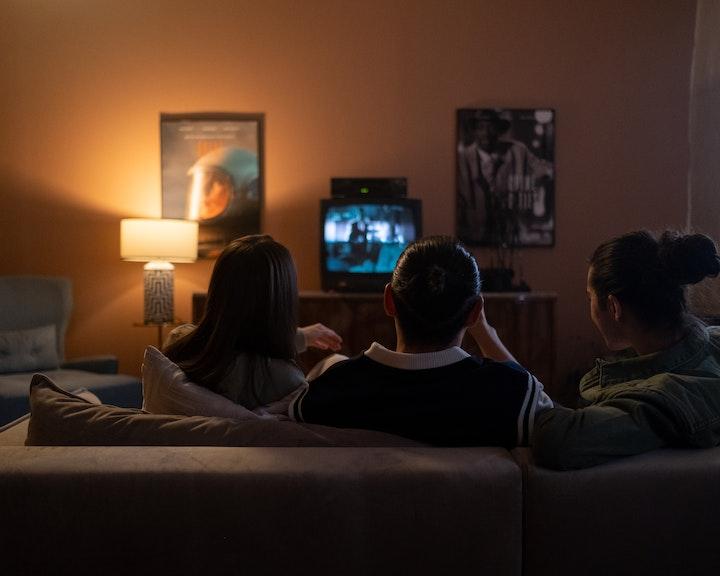Home movies carry precious memories of our loved ones, milestones, and special occasions that we cherish. Unfortunately, over time, physical formats like VHS tapes and film reels can deteriorate and become unplayable, leaving these precious memories at risk.
In this article, we will provide tips for preserving your family’s home movies, ensuring that they remain safe and accessible for future generations to enjoy. From assessing your collection to storing and digitizing your media, we have you covered.
Table of Contents
Assess Your Home Movie Collection
Before diving into preservation efforts, it is essential to assess your collection of home movies. Take an inventory of your VHS tapes, film reels, and any other formats you have. Check for any visible damage, such as mold or broken tapes, and prioritize those for restoration or conversion.
This process will help you decide which movies are most valuable to you and determine the best approach for preserving them.
Handle Your Home Movies with Care
Handling your home movies with care is crucial to their longevity. Always touch film reels and VHS tapes by their edges to avoid fingerprints and dirt, which can cause damage over time.
Keep your hands clean and dry, and avoid touching the film surface or magnetic tape directly. When rewinding or fast-forwarding tapes, use a rewinder instead of your VCR, as it is gentler on the tape and reduces the risk of damage.
Store them Properly
Proper storage is essential for preserving the quality of your home movies. Store tapes and film reels in a cool, dry, and dark place, away from direct sunlight, heat sources, and humidity.
Sunlight and heat can cause warping and color fading, while humidity can lead to mold growth. Invest in acid-free storage containers or archival quality sleeves to protect your movies from dust, dirt, and physical damage.
Digitize Your Home Movies
Digitizing your home movies is one of the most effective ways to ensure their long-term preservation. There are two primary options for doing this: DIY and professional transfer.
DIY:
If you’re tech-savvy and have the time, you can convert home movies to digital formats yourself.
To do this, you’ll need specialized equipment such as a film or VHS converter, a computer, and video editing software.
Don’t worry, as there are many online resources that provide step-by-step guides on the best ways to convert VHS tapes and other formats to digital files.
Professional Transfer:
For those who prefer a hands-off approach or have a large collection to convert, a professional transfer service is an excellent option.
These services specialize in digitizing home movies and can handle various formats, including VHS, film reels, and more. Some companies even offer restoration services to improve the quality of damaged or deteriorated tapes.
Conclusion
Preserving your family’s home movies is an important and rewarding process. By taking the time to assess, handle, and store your collection properly, you can significantly extend the life of your cherished memories. Digitizing your home movies, whether through DIY methods or professional services, ensures that these irreplaceable moments are safe and accessible for future generations.
So, take action today to protect and preserve your family’s home movies for years to come.
Also Read – Advice for Houston Residents on How to Lower Their Electric Bills




